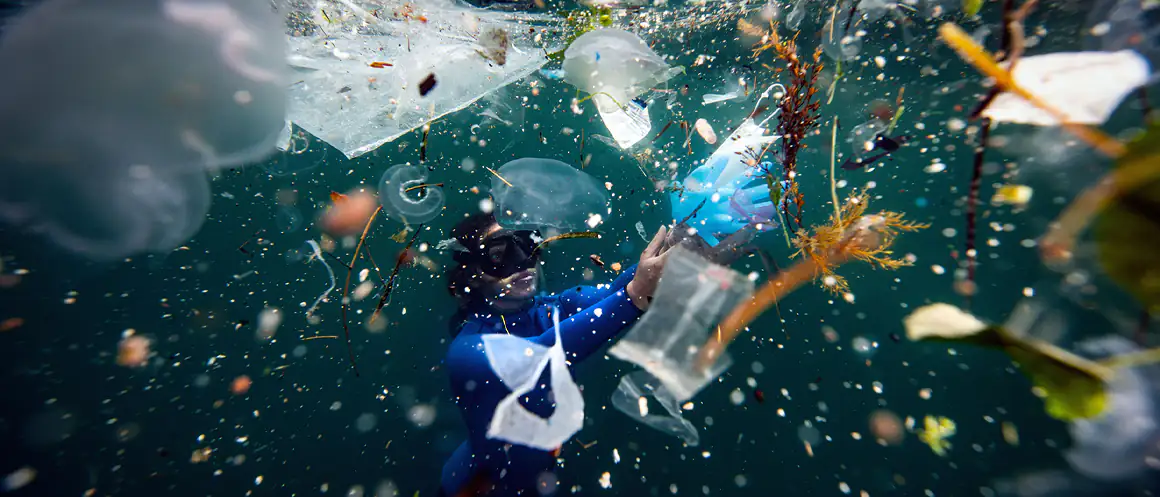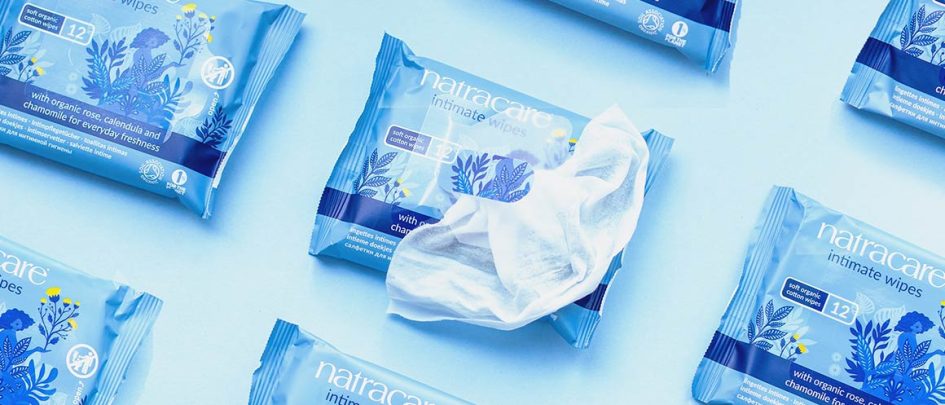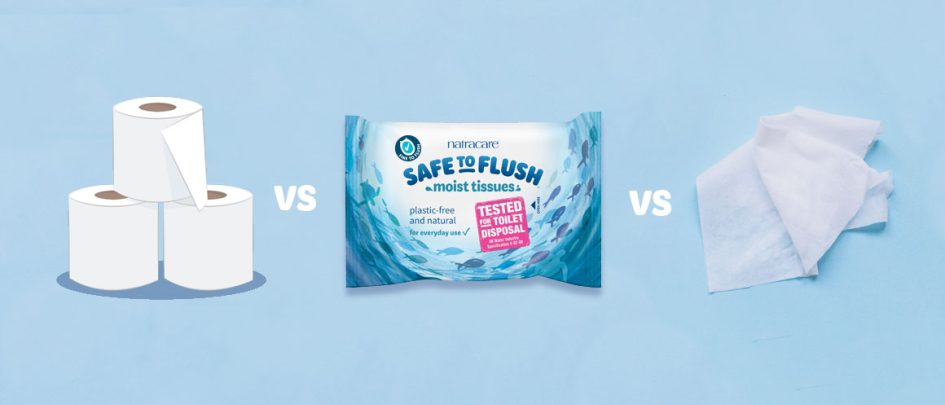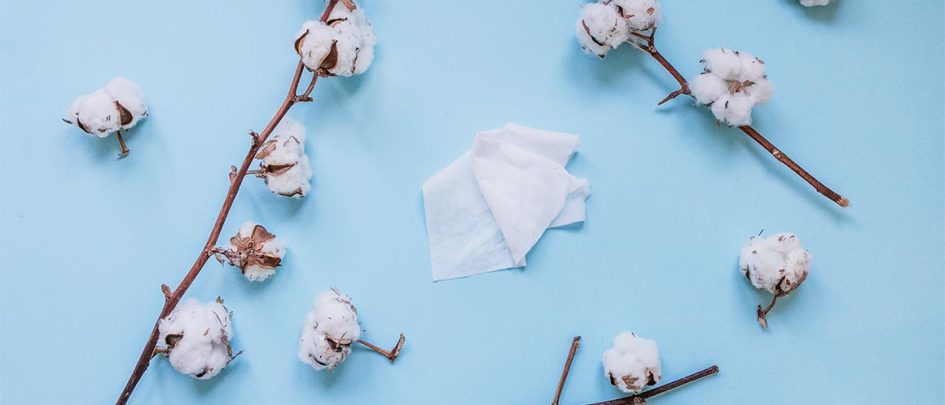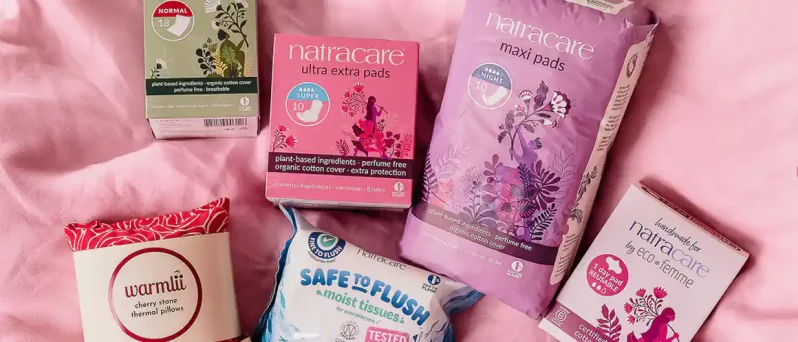It’s easy to assume that the word ‘flushable’ on a packet of wet wipes means the wipes can be flushed down the toilet, right? Unfortunately, they’re often not. The majority of ‘flushable’ wipes you see on the shelves contain plastic and often plastic free options aren’t flushable either. This is why you should NOT flush any wipe down the toilet without checking for real certifications showing that a wipe is truly fine to flush.
Are ‘flushable’ wipes actually flushable?
Most of them are not! Some wipes labelled as flushable are made from cotton, viscose, synthetic materials, plastics, or polyester that don’t break down quickly once they’ve been flushed. What’s more, some of these materials won’t ever biodegrade. Flushing wipes containing plastic means directly contributing to marine plastic pollution – a major environmental issue of our time. Our toilets are the gateway to the ocean, and so-called “flushable” wipes are blocking sewage systems, accounting for 90% of fatberg build-up, and damaging marine life. These kinds of wipes should never be flushed, and it’s time to start calling them out for what they really are.
We should only ever flush the 3 P’s: pee, paper, and poo. We believe that wet wipes containing plastic should be banned, and we should opt for plastic free alternatives instead. Thankfully, there are more and more plastic free alternatives available, but it’s important to remember that biodegradable doesn’t always mean flushable. These wipes can be binned or composted. Natracare makes a range of plastic free wipes made with organic cotton – and also the Safe to Flush Moist Toilet Tissue. These are the first wet wipe alternative to pass the specification for Fine to Flush by Water UK. The Safe to Flush Moist Toilet Tissue is made entirely out of paper and begins to break down 20 minutes after flushing, and breaks down completely after 8 flushes.
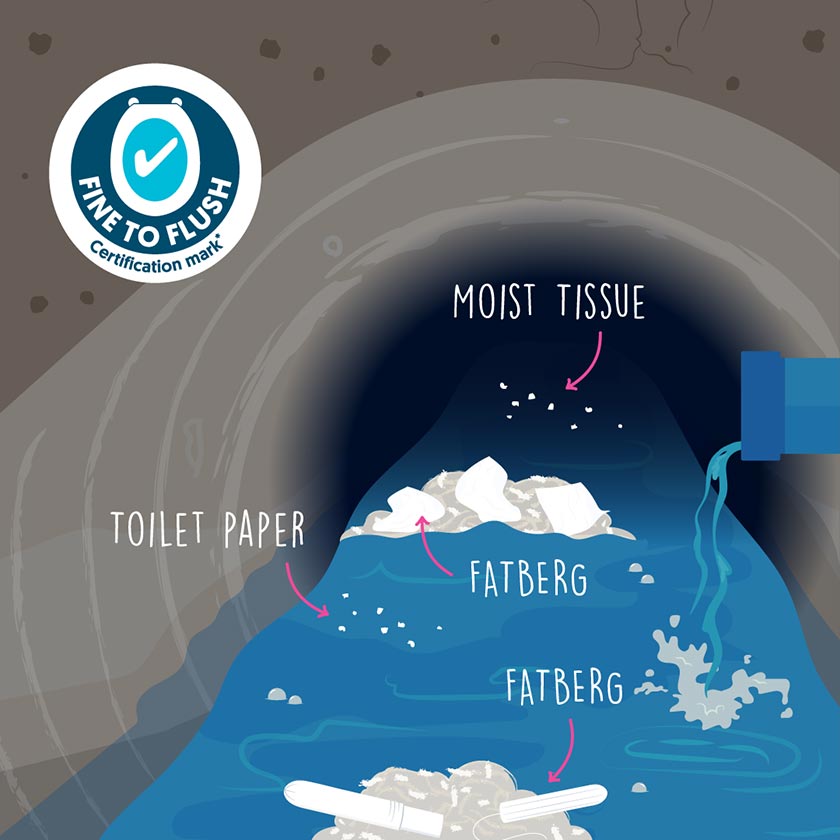
Why aren’t all flushable wipes created equal?
So, it turns out not all flushable wipes are as flushable as we are led to believe, but why do the labels say they are? Until recently, brands have not been fully transparent when labelling the flushability of their wipes, and often don’t even disclose what their wipes are made from. For years wipes have been falsely labelled “flushable” whilst blocking sewers and polluting the oceans.
Now, water companies and labelling legislations are calling out these companies for their dishonesty and there are certain certifications you can look out for to tell you whether a wipe is truly flushable. The Fine to Flush certification scheme is administered by the Water Research Council (WRc), who is at the forefront of research into the impact of wet wipes on our environment and sewage systems. The WRc tests the performance of wet wipes according to 9 specifications to ensure that what we are flushing will break down safely once flushed. The WC bowl clearance test confirms that the sample will pass the U-bend and not cause the WC to overflow, and the Drain line Clearance test assesses whether the sample will travel at least 20 meters within 5 consecutive flushes, and ensures that the sample will not remain stationary for more than 3 consecutive flushes. So, next time you go to buy your wet wipes, look out for alternatives that have the Fine to Flush label.
Flush Responsibly!
Only flush the 3P’s: pee, paper, and poo! Luckily, our Safe to Flush Moist Tissues are made entirely of paper!
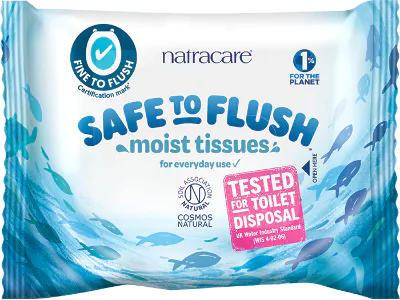
Make the switch today
Let’s fight against wipe inequality!
Evidently, not all wipes are made equal, and this needs to change! To date, only a few policy attempts to ban plastic and deceptively labelled flushable wipes have been enacted. More needs to be done to tackle this growing issue. Scottish Water UK is leading a call for a ban on plastic wipes after 36,000 blockages and £7 million a year spent on repairs caused by wet wipes. This campaign protests for all wipes to be banned and has support from the Marine Conservation Society. Although MCS approves of the Fine to Flush certification and argues that all wipes and wipe alternatives, like Natracare’s moist tissues, earn flushable certification. Similarly in California, Natracare is a partner with the National Stewardship Action Cancel (NSAC) to introduce a “truth in labelling” bill so that companies must explicitly indicate whether their wipes are flushable.
More recently, Tesco became the first UK supermarket to ban sales of wipes that contain plastic, after manufacturing their own label wipes to be plastic free. Boots has also announced that they will be joining Tesco in stopping sales of wipes that contain plastic. Health store Holland and Barratt took a great step in banning sales of plastic wipes back in 2019, but giant retailers like Tesco, who is responsible for selling a whopping 75 million wipes per year, and Boots who represent 15% of all beauty wipe sales in the UK and were responsible for selling 200 million wipes last year, this is a huge step in the right direction to limit plastic wet wipes and their damage. It sends a strong message to wipe manufacturers to clean up their act and their wipes.
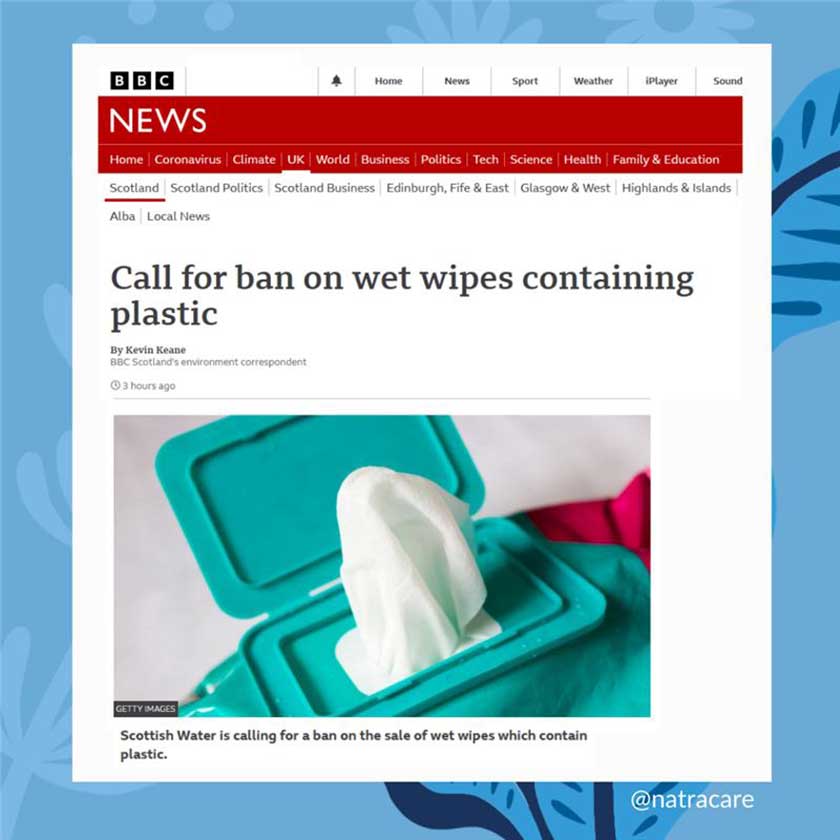
Resolving wipe confusion
Although a shocking 90% of wet wipes still contain plastic, with more plastic free alternatives such as the Safe to Flush Moist Toilet Tissue available, and large retailers banning plastic wipes, we are starting to see the back of plastic wipes and falsely labelled ‘flushables’. We believe that more transparency from brands will help end the inequality of wipes. Consumers need confidence in flushable wipes being actually flushable, and not unknowingly contributing to plastic pollution when every time they use a wipe.
There are many switches you can make to become more sustainable in your everyday life and switching to plastic free wet wipes or flushable alternatives is one of them. Natracare has an entire range of plastic free personal care to ensure you have comfortable and sustainable alternatives for your time of the month AND every day.
